|
By Muniyra Douglas
Transcribed By Tashia Antoine As the month of June represents Pride Month, it is only fitting that the LGBT Film Festival is a big part of the celebrations.
In this VIBE TALKS interview Correspondent Muniyra Douglas interviews Andria Wilson – Executive Director, Inside Out. We discuss the importance of LGBT film, representation and film resources made available to the LGBT community.
We also discuss new initiatives and programs recently introduced to assist in the production of more LGBT Films.
Muniyra: Tell us about the Toronto Film Festival? What can the audience expect?
Andrea: Inside Out is really an incredible event. There is nothing like it in Toronto. It is an 11-day celebration of, not just the best in International and Canadian LGBT cinema, but also a community connecting environment for all people to come together and celebrate, share and experience these films together. This year we have approximately 150 films in the program, representing 25 countries. We have a huge delegation of over 200 international film guests that have joined us in Toronto this year. They will be representing their films, attending their films and taking part in Q&A. It is really an incredibly special opportunity to connect with LGBT films and filmmakers, as well as other folks that love to experience that content.
Muniyra: What was it about Inside Out that made you want to join the team?
Andrea: Inside Out has had an incredible history presenting this film festival in Toronto, and of being a leader within Canada for the presentation, development and the curation of LGBT films. Working in Atlantic Canada, where I lived for many years, and Halifax where I first worked with the Atlantic film festival out, I later founded OUTeast which is the queer film festival in Halifax. Inside Out was always the leader and the organization that I think many regional festivals and other international LGBT festivals look to for that strong vision, and execution of one of the biggest festivals in the world.
Muniyra: What was your main initiative coming on as Executive Director?
Andrea: It was really interesting because when I came into the role, it was the end of 2016 and the festival was in May. There were a number of things that were already underway, because these festivals are big machines. What I really wanted to do within my first few months was to really get to know all the component parts, all of the existing initiatives and really be able to look and see where the gaps were. I wanted to be able to adjust the pieces that could be enhanced and be more responsive to the industry we’re working in, and the community we are serving. I also wanted to really listen to the staff and team and ask; what are the things that you’ve been working on, and wanting to expand and grow from. Through all of that work, what really became extremely obvious right away was the need for professional development, as it relates to industry programming, producer development and development of new content. Inside Out has an incredibly strong programming team, but the piece that really got me excited from the very first day I was there, was this incredible potential to develop initiatives to support the industry directly.
Muniyra: Tell us about the Youth Day Initiative?
Andrea: Having young folks who are in middle school or high school developing an interest in film, is going to significantly impact the future of theatrical cinema and developing that relationship, with the transformative power of seeing the film in the cinema. We really want to make sure that the programming works and connects with young people, so we can start to develop those connections. Inside Out, for a number of years, has presented a screening of short films that are specifically selected for youth audiences, and starting last year we expanded it to a full day of programming, which includes panel conversations with filmmakers and queer people in the industry. This is so that the young people who are attending are not just seeing the films, but also seeing them in context.
Muniyra: How do these films subvert stereotypes or negative topes that might permeate throughout mainstream media?
Andrea: That’s something we really see as a significant area of responsibility for us. We’ve all seen the works that might not move us forward as a community, and might move us backwards by portraying us in a way that’s harmful. We really feel a responsibility for positive and authentic representation in the work that we show. We want the people in our audiences to see themselves represented on screen and it’s incredibly important to us that we are able to present a program that reflects the broad diversity of our communities, and allows for everyone to see themselves reflected and think about the many things that bind us together and connect us as LGBTQ people.
Muniyra: This year you introduced a podcast series. What are your hopes for that?
Andrea: It was a really great opportunity to test drive this podcast with our partner, Village Town, who came to us with this great idea to try it out and do the podcast as a way of building our audience and finding another way to communicate with our audiences, outside of the eleven-day festival. So far the podcast has been pretty festival focused, and it’s given us an opportunity to connect with guests at the festival, and given them a chance to talk about their work, which is phenomenal. But we’re really interested in building that kind of programming year round. There’s so many incredible conversations we’re having internally, and also larger as an industry about the role of LGBT festivals in creating new opportunities for LGBT filmmakers. I would love to see the podcast evolve into a space where we can have those conversations, and really connect with the international network of people and groups that are talking about these issues.
Muniyra: Tell us about the Finance Forum?
Andrea: The Finance Forum is also another new initiative that we started last year. It brings in filmmakers with feature film projects that are in development, and connect them with executives and folks that are really in the business of funding, financing and just making these films happen. For this year’s forum we had eight projects, which included two international co-productions, allowing us to feature incredibly rich and diverse stories and artists. We bought these executives in and they did professional development and mentorship, and then a day of meetings to pitch their projects to these executives. Our hope with that is that we really want to get these projects made, it’s that simple. We want more LGBT films made, we want them to have more resources, more money and we want them to be produced in a timeline that is really serving the filmmakers.
Muniyra: Can you talk about the Ottawa Festival coming up in November?
Andrea: The Ottawa Festival is really special event. Doing something in the nation’s capital is a really important piece of outreach for Inside Out as Canada’s largest presenter of LGBT Film. It’s really exciting for us to be in Ottawa and connect with our audiences there. The festival has been going on there for eleven years, which is amazing, and the program does grow every year. With the festival taking place in November, it allows us to feature hits of the Toronto festival, which happens in Spring. The timing of the Ottawa Festival also helps to show works that are later in the release cycle of the year.
Muniyra: How important are festivals and artistic outlets like Inside Out to the LGBT community?
Andrea: Within a city like Toronto, things have evolved and in some ways improved segments of the LGBT communities. We really still can’t overstate the value of creating spaces where people can be together to share in stories, learning and celebration together. I really strongly believe that there will always be a space for that. In terms of a queer film festival specifically, we have a great opportunity to really be a part of the narrative of how LGBT people are represented in the media locally, nationally and internationally. We can be a part of that. I think our audiences and communities here in Toronto really do respond to that. There’s a great deal of pride and ownership from our audiences of being a part of that, and being able to come together in a very public space and have these connections. They are able to connect with people from all over the world that are presenting their films at Inside Out and really just moving those conversations forward.
For more information, please visit our website. |
Recent Posts
Categories
All
Archives
February 2022
|
|
GET THE APP!
Listen to VIBE 105 anywhere you go!
|
OUR STATION
|
TUNE IN RADIO
|
STAY CONNECTED
|
Copyright © 2021 Canadian Centre for Civic Media and Arts Development Inc. Except where otherwise noted, presentation of content on this site is protected by copyright law and redistribution without consent or written permission of the sponsor is strictly prohibited.


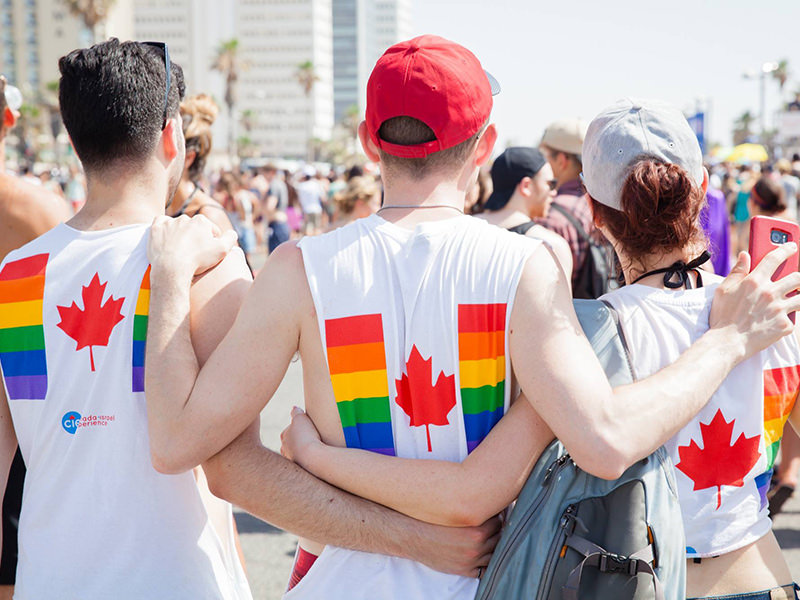
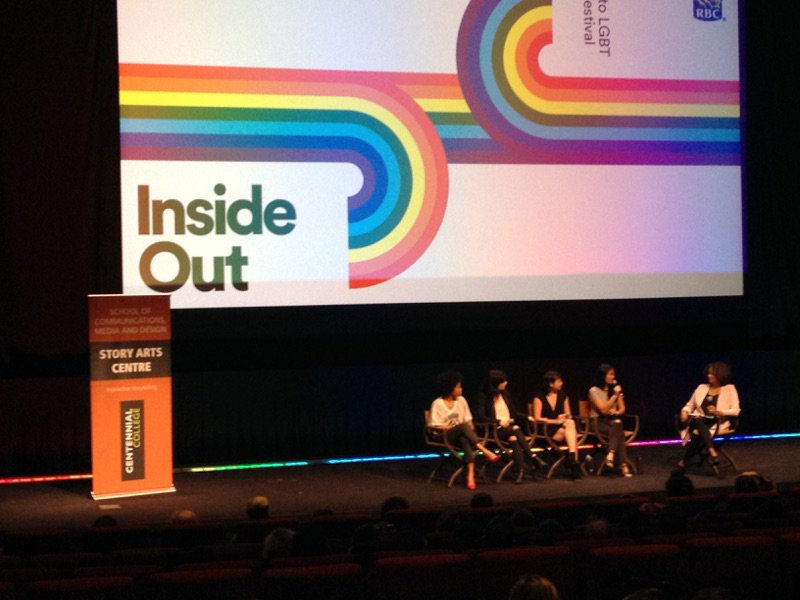
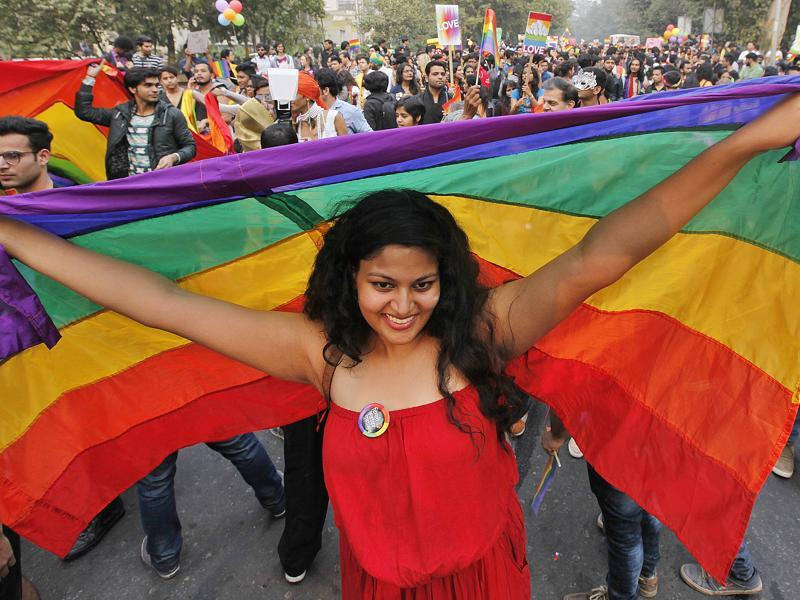

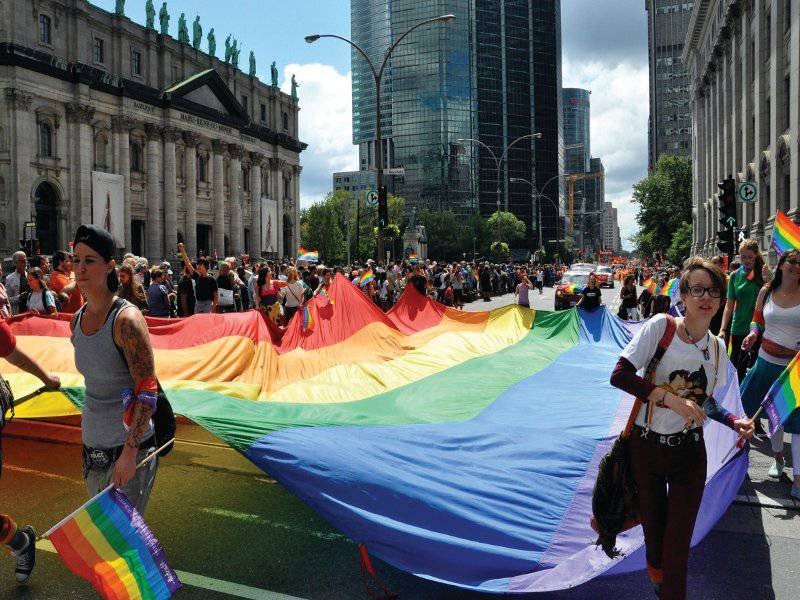


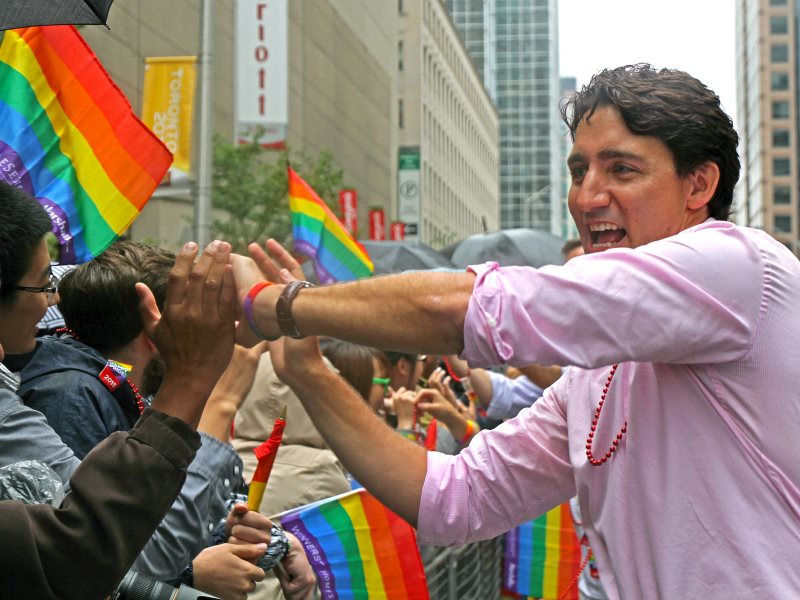
 RSS Feed
RSS Feed


